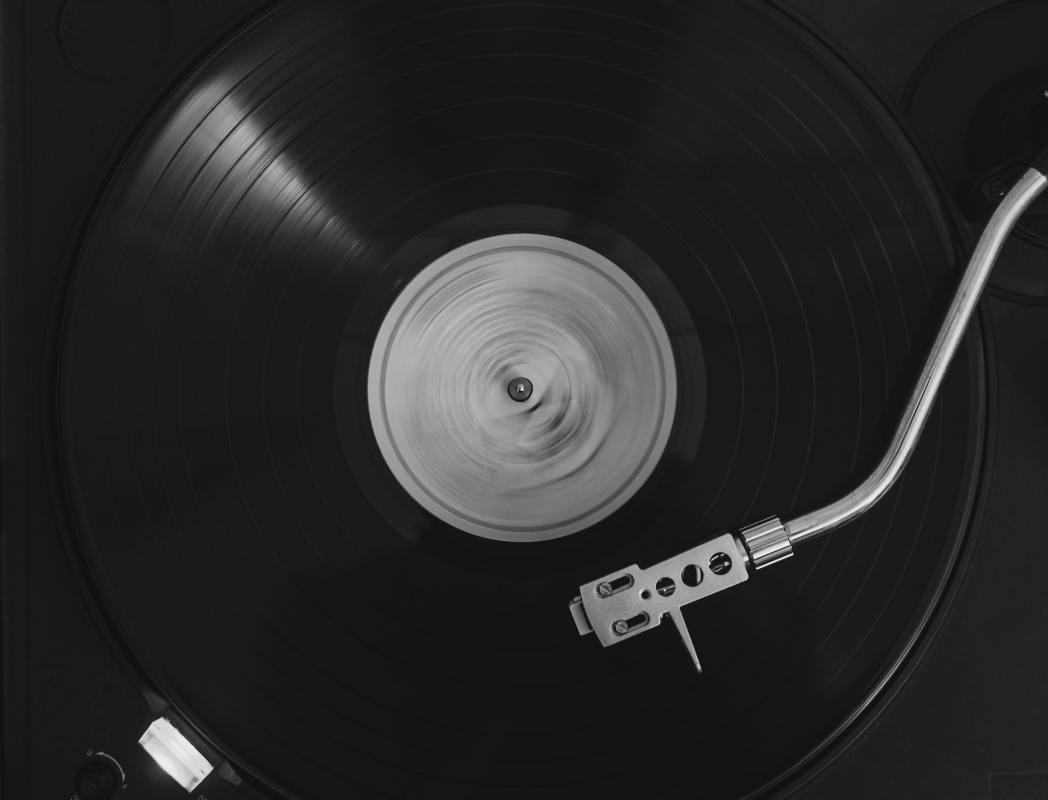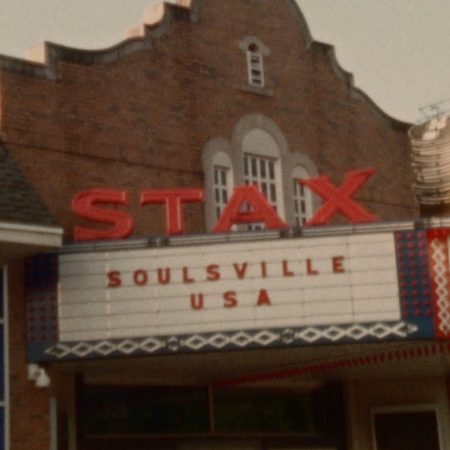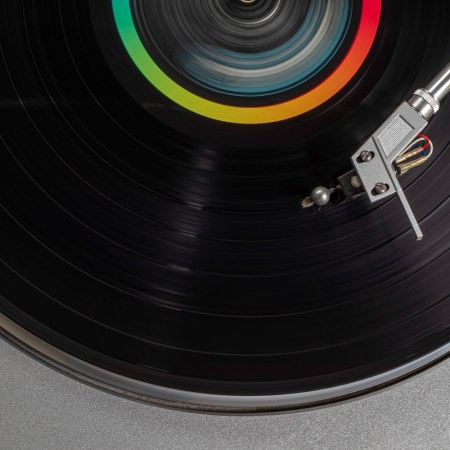If you own a turntable, you’ve probably noticed that many LPs — especially reissued versions of acclaimed albums — are designed with audiophiles in mind. In some cases, that might mean being pressed on heavier records; in others, it could involve being mastered at 45 rpm for higher fidelity. And then there’s the work being done by MoFi Records, which act as something of a destination for audiophiles among audiophiles. If you’re going to pay $125 for a new edition of, say, Van Halen’s 1984, you’re probably going to want something that’s next-level crisp — as though the band was recording in your living room.
But audiophiles can be a demanding group, and a recent discovery about MoFi’s methods has left some of them fuming. As The Washington Post reports, questions over the mastering process used in their vinyl has sparked a controversy.
As the Post’s Geoff Edgers reports, the issue at hand here involves the nature of the master copies of the album recordings used by MoFi. Phoenix record store owner Mike Esposito released a video arguing that MoFi’s records were made using digital masters, rather than the original analog masters.
For some buyers, Edgers writes, “using digital while claiming not to is the gravest sin a manufacturer can commit.”
As the article reveals, MoFi uses Direct Stream Digital technology on the vast majority of their recordings — but until recently hadn’t revealed this information on their website. There are reasons why this makes sense — as the article points out, it’s not practical for the original master tape to be used thousands of times for individual records.
The controversy, such as it is, also brings one other issue to the foreground — namely, if audiophiles were fine with the quality of these LPs before they knew about the processes behind it, is there really an issue? It’s likely to be heatedly debated in the months and years to come.
Thanks for reading InsideHook. Sign up for our daily newsletter and be in the know.


















